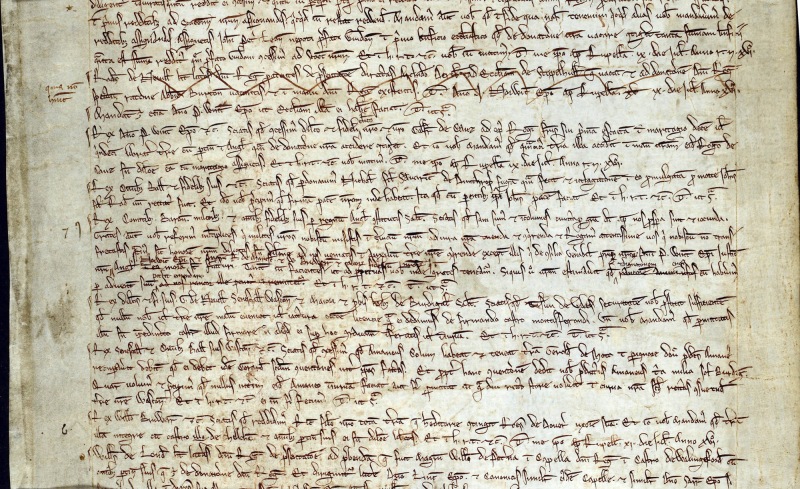#1: A theory of economic development
Give us a road, they said. We’ve had enough
of cobbles, zigzagged hillsides, paths stepped perfectly for mules.
Give us a bypass, they protested. We’re sick
of inching traffic, diesel fumes, the tinnitus of crowds.
Give us a motorway. Give us clear lines
of vision, speedy exits, no overhanging crags, light-blocking trees.
Three wishes. All came true. Now the whole world
drains south: a sump for livelihood, family, speech.
#2: On the capital value of bees
There are fewer of them now, so we must appreciate their value.
The fewer there are, the more their value will appreciate.
We all value appreciation, but only when it’s for the few.
We few who still have values go unappreciated.
There is a common swarm. To hold ourselves aloof is honeyless.
#3: Building for birds
In God’s house they raise their young,
the psalmist says; I’ve seen their mud-round
hideaways in castles, cottages, lean-to sheds
and garages. Now we build differently.
Glass towers bat swallows back.
There’s nowhere moss can stick,
no shady eaves. Instead, perched
at the top, are birds of prey.
These poems first appeared in New Boots and Pantisocracies, 28 October 2016

